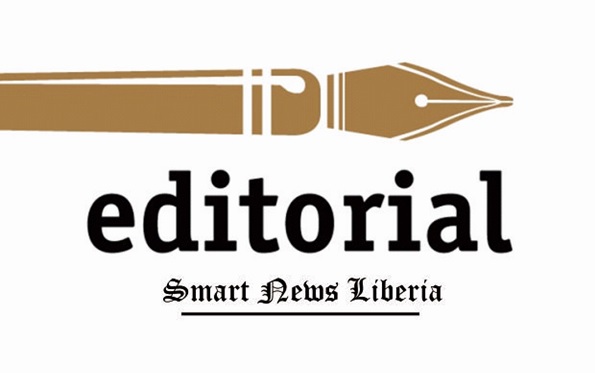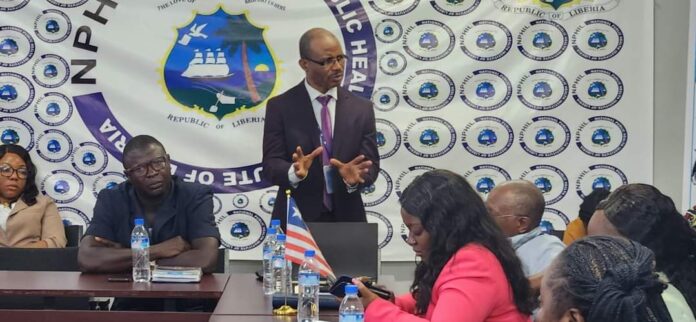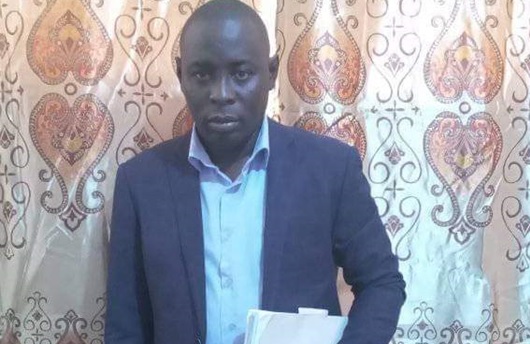Madam Nyemadi D. Pearson’s sudden resignation as Deputy Governor for Operations at the Central Bank of Liberia (CBL) in the wake of a damaging General Auditing Commission (GAC) report has sparked critical questions. Is her exit an attempt to evade accountability for the financial irregularities flagged in the report? Or is this resignation part of a broader political strategy to pressure key officials out, making room for new leadership?
The GAC report highlighted significant financial discrepancies and potential malpractices within the CBL, where Pearson was a central figure. Given the gravity of these findings, Pearson’s decision to step down at such a critical moment raises suspicions. If she played no role in these irregularities, one would expect her to remain in her position and work towards resolving the issues. Instead, her resignation could be seen as a calculated move to avoid further scrutiny.
At the same time, Pearson’s departure raises another question: is this part of a deliberate effort to shake up the leadership at the CBL, creating opportunities for new appointees to ascend? Such political maneuvering has been a recurring theme in Liberia’s governance landscape. Replacing key figures at pivotal institutions like the CBL can be seen as a way to gain influence, particularly during periods of heightened political tension.
What remains critical is that this resignation does not obscure the need for a thorough investigation. The GAC report should not be used merely as a tool for public posturing. Instead, the government must ensure that anyone implicated in financial misconduct is held accountable, regardless of their position or resignation status. Pearson’s exit should not become a convenient way to sidestep deeper inquiries into the CBL’s operations.
Ultimately, Liberians will be watching closely to see if the ongoing audit and subsequent investigations result in true accountability or if they are just another chapter in Liberia’s long history of political and financial maneuvering. Liberia’s financial sector deserves transparency, and it is essential that both the audit process and any legal proceedings are impartial and far-reaching.







